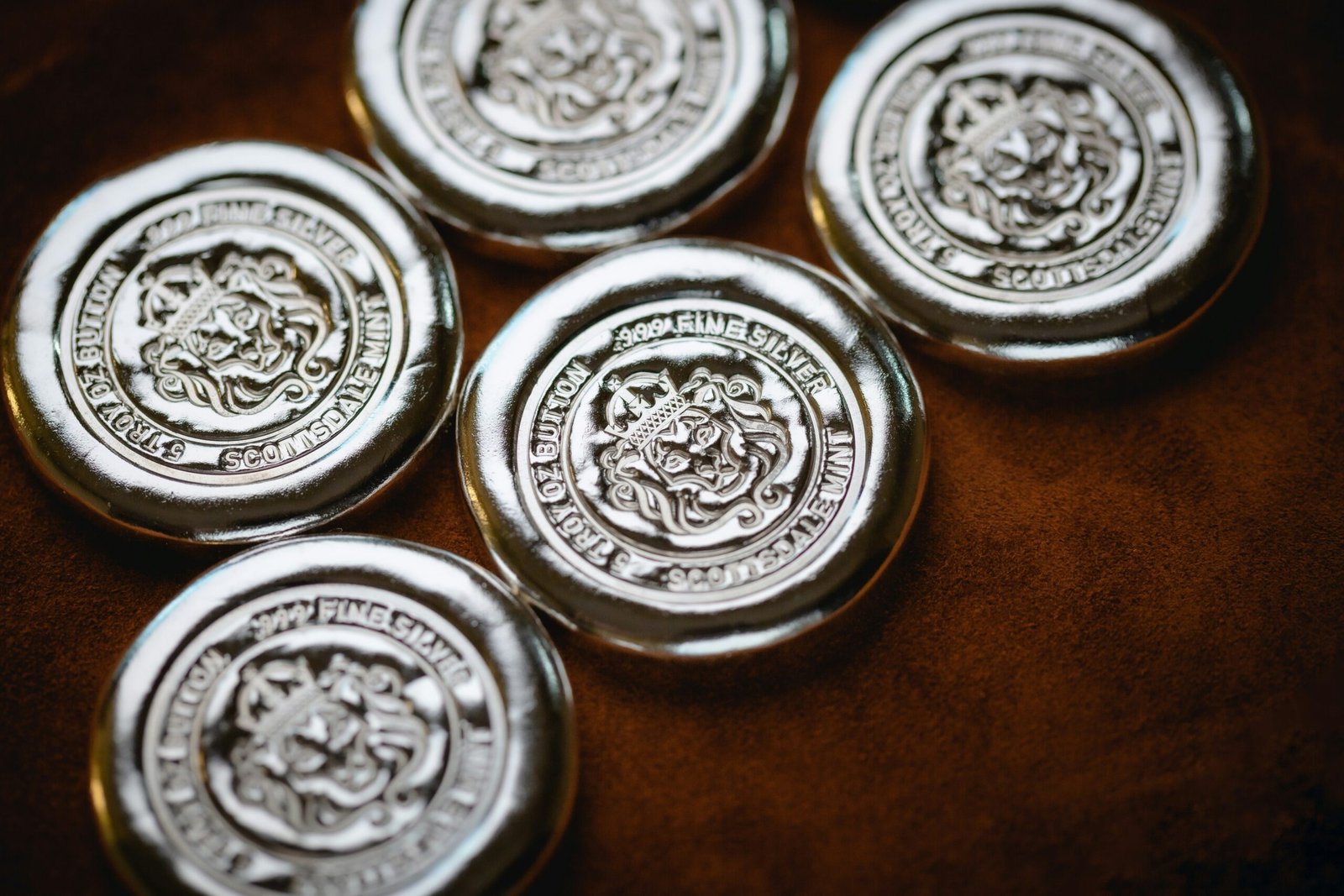The Benefits of Owning Physical Precious Metals vs. ETFs

In recent years, the interest in precious metals like gold, silver, platinum, and palladium has surged, driven by economic uncertainty, inflation fears, and a desire for asset diversification. As investors evaluate their options, they often face a key decision: Should they invest in physical precious metals or explore Exchange-Traded Funds (ETFs) that track the prices of these metals? In this blog post, we’ll explore the benefits of owning physical precious metals and how they compare with ETFs.
The Allure of Physical Precious Metals
1. Tangible Assets
One of the most significant advantages of owning physical precious metals is that they are tangible assets. Unlike ETFs, which are simply financial instruments that represent ownership in an underlying asset, physical metals can be held in one’s hand. This tangibility can provide a psychological comfort that paper assets do not, especially during times of economic turmoil. Investors can be assured that they own something of intrinsic value.
2. Hedge Against Inflation
Historically, precious metals have acted as a hedge against inflation. When fiat currencies lose value, precious metals often retain or increase their purchasing power. Owning physical gold or silver can serve as a safeguard during economic downturns, protecting your wealth far better than an ETF that might get affected by market fluctuations or institutional decisions.
3. No Counterparty Risk
Owning physical metals means that you do not have to rely on a financial institution or a market infrastructure for the value of your investment. ETFs might involve complexities, such as management fees, tracking errors, or issues arising from the underlying assets’ custody arrangements. With physical metals, you eliminate counterparty risk; you are not dependent on a third party’s solvency or ability to manage the fund.
4. Privacy and Security
When investing in physical precious metals, discretion is often easier to maintain. Owning a tangible asset allows for privacy that is harder to achieve with ETFs, which are tracked and reported in a more transparent manner. Furthermore, in the case of severe economic crises or political instability, emergencies may arise where having physical assets is more secure than being dependent on financial systems that may be disrupted.
5. Control Over Your Investment
Owning physical metals gives you full control over your investment. You can decide how and when to buy, sell, or trade your assets without worrying about market hours or fund management decisions. This degree of autonomy can be attractive to many investors who prefer a hands-on approach to managing their wealth or liquidity strategies.
The Practical Considerations
While owning physical precious metals has distinct advantages, it is essential to weigh both sides of the coin. Here are some practical considerations and comparisons that favor ETFs:
- Liquidity: ETFs are highly liquid. They can be bought and sold quickly on stock exchanges, and their prices can fluctuate throughout the trading day. Physical metals, however, may require time and effort to sell, especially if you’re looking to get the best prices.
- Storage and Security: Physically storing precious metals can present challenges, including the need for secure storage solutions. Investors must consider the costs associated with safes or vaults, along with the risk of theft. ETFs take care of this aspect as they are stored in secure facilities managed by institutions.
- Lower Entry Cost: Investing in ETFs typically allows greater accessibility with lower capital. Buying a single precious metal coin or bar can require significant upfront costs compared to buying shares of an ETF.
Conclusion
Ultimately, the choice between owning physical precious metals and investing in precious metal ETFs depends on personal investment goals and preferences. Those who value tangible assets, wish to hedge against economic instability, and prefer independence from financial systems may find physical precious metals to be appealing. Conversely, investors looking for convenience, liquidity, and less hassle may lean towards investing in ETFs.
As in any investment strategy, it’s crucial to conduct thorough research and consider your risk tolerance, investment horizon, and overall financial objectives before deciding on the best path for your wealth management. Whether you choose to hold gold bars in your safe or invest in an ETF, both can play a valuable role in a diversified investment portfolio.
Leave a Reply